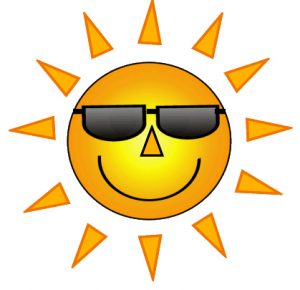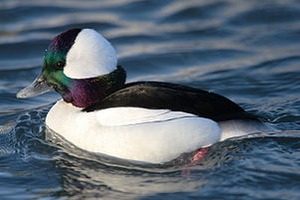March 4, 2019

The last several days have been beautiful and sunny here in Stillwaters. A welcome reprieve from the on-again-off-again snow, sleet and rain of winter. I love this time of year when the sun stays out longer, the birds make their first appearances and the thoughts of Spring start peeking their way through the gray drab of winter.
This past week has seemed like an awakening of animals here in Stillwaters. I have seen more deer this week than in several months total and birds are returning like welcome little gifts that they are. I have seen Sparrows, Juncos, Red-winged Black Birds, Ducks, Killdeer, Eagles, Hawks and maybe even a returning Hummingbird or two. All are welcome signs of spring.
Through the winter I have had a merry band of Hummingbirds that have been drinking hungrily from my feeders. This morning (20 degrees) they are trying to find some thawed sugar water at my feeders so I better get busy and give them some new food. Food is scarce in the winter and for those who stay the winter, they really appreciate the extra source of nourishment.

Yesterday, Mr. Blogger and I were out walking around the neighborhood and noticed several kinds of ducks in one of the retention ponds.
One type, which was easily identified was the common Mallard. Another type of duck in the pond was black and white and similar (if not the same) as something called a Bufflehead duck.
Many different types of ducks are known to winter in this region. Check out the ponds along Colonial Drive and let me know what you think the black and white ducks are.
Did you know?
- The Mallard is the ancestor of nearly all domestic duck breeds (everything except the Muscovy Duck).
- Mallard pairs form long before the spring breeding season. Pairing takes place in the fall, but courtship can be seen all winter. Only the female incubates the eggs and takes care of the ducklings.
- Ducks are strong fliers; migrating flocks of Mallards have been estimated traveling at 55 miles per hour.
- The standard duck’s quack is the sound of a female Mallard. Males don’t quack; they make a quieter, rasping sound.
Source: Allaboutbirds.org
QUOTE OF THE WEEK:
“Everyone likes birds. What wild creature is more accessible to our eyes and ears, as close to us and everyone in the world, as universal as a bird?” -David Attenborough

